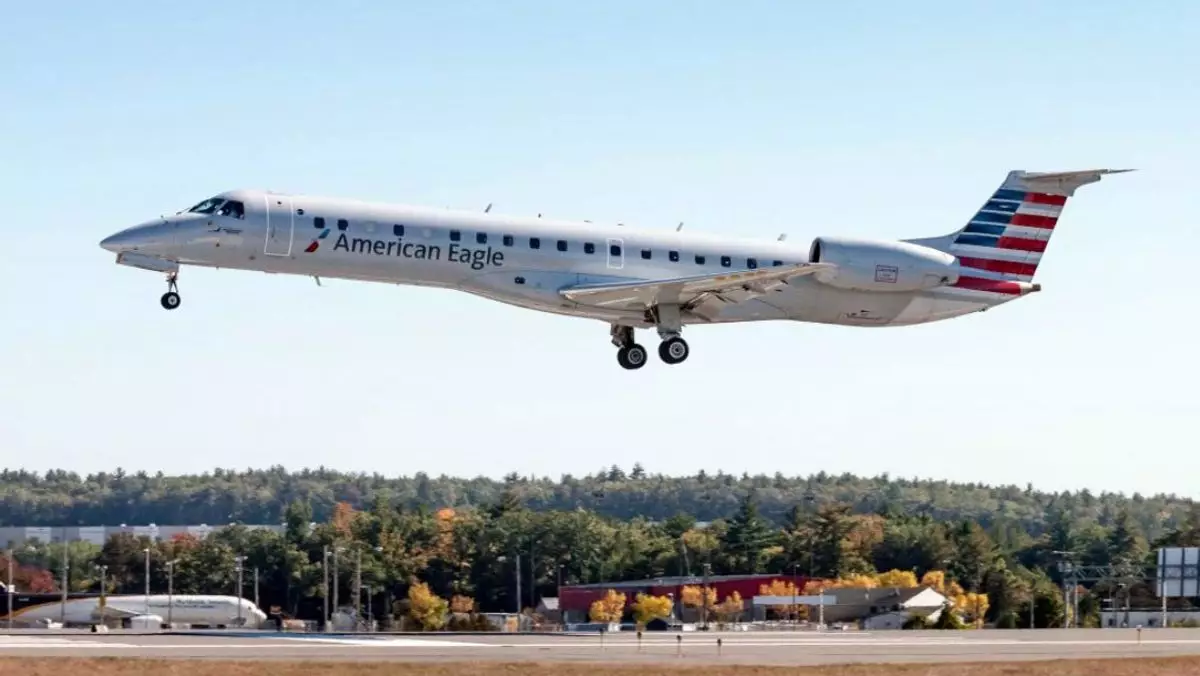American Airlines regional subsidiary, Piedmont, has embarked on a significant initiative to bring its aircraft out of storage after being grounded during the pandemic. As part of the revival process, Piedmont is planning to gradually pull two 50-seat Embraer E145s per month from their parking location in the southern Arizona desert until February, with the goal of having 70 active aircraft in operation once again.
The decision to reactivate stored aircraft marks a crucial milestone for Piedmont and the aviation industry as a whole, indicating a shift towards recovery from the challenging times brought about by the pandemic. This move reflects a positive outlook for the future of regional flying, highlighting the resilience and adaptability of airlines in responding to changing market dynamics.
The recent actions taken by Piedmont also serve as a testament to the easing of the pilot shortage that emerged in the aftermath of the pandemic. With the revival of aircraft operations, the need for skilled pilots has become more pressing, prompting airlines like Piedmont to prioritize training and recruitment efforts to meet the demand for qualified flight crew.
By resuming regional flights under the American Eagle brand, Piedmont aims to capitalize on its network advantage over competitors like Delta and United in the eastern half of the U.S. This strategic approach aligns with American Airlines’ goal of expanding its regional flying portfolio to enhance market presence and cater to passenger demand effectively.
As American Airlines pushes forward with its regional flying initiatives, the reactivation of 50-seat planes by Piedmont signifies a positive development for the carrier. While larger regional jets have traditionally been more profitable, the revival of smaller aircraft demonstrates American’s commitment to diversifying its fleet and adapting to evolving market conditions to enhance operational efficiency and competitiveness.
Overall, the revival of aircraft operations by Piedmont represents a significant step towards rebuilding the airline industry post-pandemic, signaling a promising future for regional aviation and reaffirming the resilience of airlines in navigating challenges and embracing opportunities for growth and expansion.

